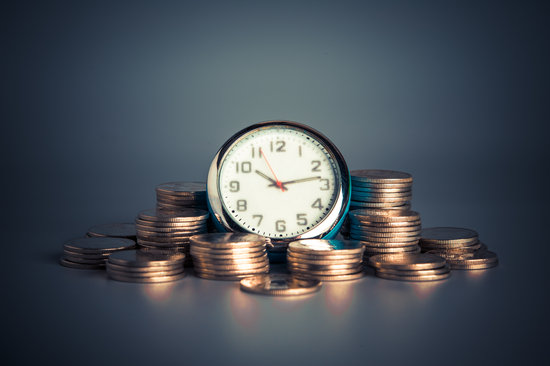
When it comes to investing and financial planning, there’s a concept known as the Time Value of Money. Basically, the earlier you get access to money, the more valuable it is because of the compounding effect of inflation. A dollar today is worth more than a dollar 20 years from now as we all know.
However I think a concept that is just as important if not more so is the Money Value of Time. For most of us, it’s not money that we will ultimately run out of, but rather it’s time. We only have so many days on earth, and each one that is spent is gone permanently. Unlike money, there’s no earning additional days or years, and somehow the older we get, the faster time seems to erode.
I’ve been fascinated by this thought for several years, and have been trying to be intentional about the relationship between money and time. I’ll often get asked by clients what the best decision is in a certain situation, and I always stop and ask what they mean by “best”. For instance, when it comes to planning out retirement, if the best decision is the one that ends up with the most financial security, then my counsel would be to never retire. Of course, that’s not what folks typically desire, so it leads into a deeper conversation over how much financial security is enough, what they would give themselves to if they did in fact retire, and so on.
That’s where this concept of Money Value of Time comes into play. While I can’t buy myself more time, I can use the money that’s been entrusted to me to leverage time, free up time, or perhaps make it more purposeful or enjoyable.
I recently had a call with a client who has a great career in the medical field. He makes a great living but the demands are pretty high in this season of balancing career and a young, growing family. He told me his desire was to work hard for the next 15 years or so until he can get the kids to college and then slow down after that.
To me this seems to be counter to the things he holds most dear. He’ll always be able to make more money down the road, but his time is most precious now while his kids are being raised. In the trade-off between time and money, he’s giving up time now for more money so that he can have more time down the road. I tried to lovingly ask him to consider that it may be worth giving up more money now in order to “buy back” some time that he won’t get a second chance at.
This is a perfect example to me of decisions we’re faced with all the time. Is my time or money more valuable in certain situations? Should I do the painting myself or hire a painter? Work the extra shifts that will pay overtime? Take the time to cut coupons for groceries? Spend money to fly the kids somewhere for a vacation together? Money isn’t always a function of time, but I’m amazed at the frequency that the two seemed almost inextricably linked.
I’d also encourage us to keep in mind that in God’s economy, the most efficient use of time and money isn’t always the right answer. In fact, he offers (and commands) us a sabbath day of rest once a week, intentionally slowing down so that we can rest, rehearse thankfulness for all of God’s blessings, and be reminded that we’re mortal and shouldn’t try to burn the candle at both ends. For someone who likes to make the most of his time, that can be hard to do sometimes!
What are some ways you might be able to leverage your money to make the most of your time? My encouragement is that we’d all take some time to slow down and consider what’s really important to us. The world would tell us that it’s simply gaining as much money as we can to protect ourselves and provide enjoyment. There’s nothing wrong with gaining money, but we should be certain to ask ourselves why we’re doing it, and if there are any better ways we could put it to use. Blessings on the journey!
BACK TO NEWS